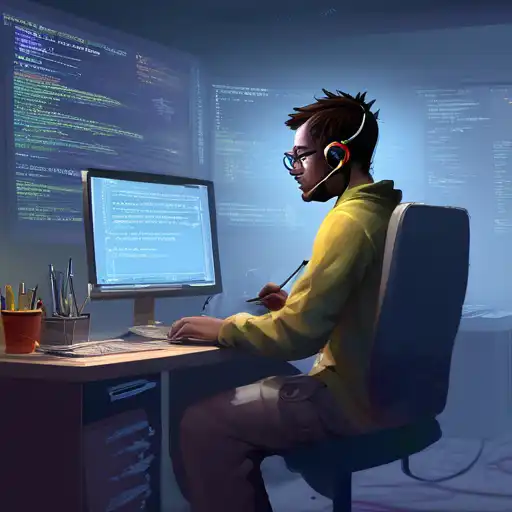Introduction to Debugging for New Programmers
Debugging is an essential skill for any programmer, especially for those just starting out. It involves identifying and resolving errors or bugs in your code that prevent it from running correctly. This article will provide you with practical debugging tips to help you become more efficient and confident in your coding journey.
Understand the Error Messages
One of the first steps in debugging is to understand the error messages your compiler or interpreter is giving you. These messages are designed to point you in the direction of the problem. Take the time to read them carefully and research any terms or codes you don't understand.
Use a Debugger Tool
Most Integrated Development Environments (IDEs) come with built-in debugger tools. These tools allow you to step through your code line by line, inspect variables, and see the flow of execution. Learning how to use these tools can save you a lot of time and frustration.
Check Your Syntax
A common source of bugs is simple syntax errors. Missing semicolons, unmatched parentheses, or typos in variable names can all cause your code to fail. Always double-check your syntax before moving on to more complex debugging strategies.
Break Down Your Code
If you're dealing with a complex bug, try breaking down your code into smaller, more manageable pieces. Test each piece individually to isolate the problem. This approach can make it easier to identify where things are going wrong.
Look for Patterns
If you're encountering similar bugs repeatedly, there may be a pattern or a common mistake you're making. Keep a log of the bugs you encounter and how you fixed them. Over time, this can help you identify and avoid common pitfalls.
Ask for Help
Don't be afraid to ask for help when you're stuck. Online forums, coding communities, and even colleagues can offer valuable insights and solutions. Remember, every programmer has been in your shoes at some point.
Practice Makes Perfect
Debugging is a skill that improves with practice. The more you code and debug, the better you'll become at identifying and fixing bugs quickly. Embrace the challenges as opportunities to learn and grow as a programmer.
Conclusion
Debugging is an inevitable part of programming, but with the right strategies and tools, it doesn't have to be daunting. By understanding error messages, using debugger tools, checking your syntax, breaking down your code, looking for patterns, asking for help, and practicing regularly, you'll become more proficient at debugging and a better programmer overall.
For more programming tips and tricks, check out our programming resources section.
